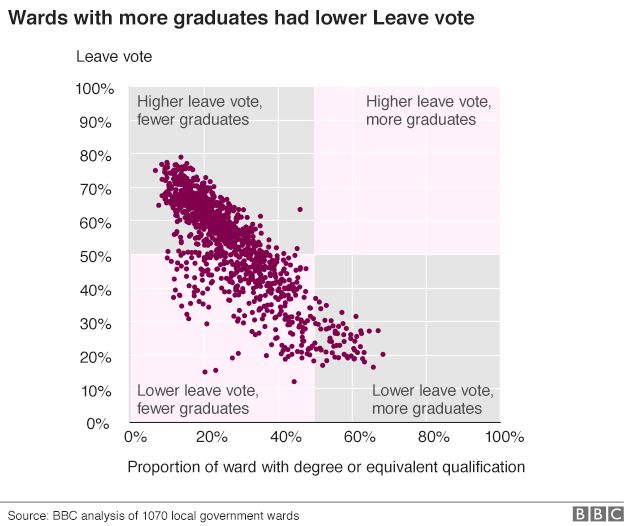During the 2008 financial crisis, it was fairly common to blame experts. It was widely acknowledged that it was the “expertise” of economists, financial markets people and regulators that had gotten us into the crisis in the first place. So criticising and mocking them were part of normal discourse.
For example, most of my learning about the 2008 financial crisis came from following blogs written by journalists, such as Felix Salmon, and generalist academics such as Tyler Cowen or Alex Tabarrok or Arnold Kling, rather than blogs written by financial markets experts or practitioners. I don’t think it was very different for too many people.
Cut to 2020 and the covid-19 crisis, and the situation is very different. You have a bunch of people mocking experts (epidemiologists, primarily), but this is in the minority. The generic Twitter discourse seems to be “listen to the experts”.
For example, there was this guy called Tomas Pueyo who wrote a bunch of really nice blog posts (on Medium) about the possible growth of the disease. He got heavily attacked by people in the epidemiology and medicine professions, and (surprisingly to me) the general twitter discourse backed this up. “We don’t need a silicon valley guy telling us epidemiology”, went the discourse. “Listen to the experts”.
That was perhaps the beginning of the “I’m not an epidemiologist but” meme (not a particularly “fit” meme in terms of propagation, but one that continues to endure). For example, when I wrote my now famous tweetstorm about Bayes’s theorem and random testing 2-3 weeks back, a friend I was discussing with it advised me to “get the thing checked with epidemiologists before publishing”.
This came a bit too late after I’d constructed the tweetstorm, and I didn’t want to abandon it, and so I told him, “but then I’m an expert on Probability and Bayes’s Theorem, and so qualified to put this” and went ahead.
In any case, I have one theory as to why “listen to the expert” has become the dominant discourse in this crisis. It has everything to do with politics.
Two events took place in 2016 that the “twitter establishment” (the average twitter user, weighted by number of followers and frequency of tweeting, if I can say) did not like – the passing of the Brexit referendum and the election of President Trump.
While these two surprising events took place either side of the Atlantic, they were both seen as populist movements that were aimed at the existing establishment. Some commentators saw them as a backlash “against the experts”. The rise of Trump and Brexit (and Boris Johnson) were seen as part of this backlash against expertise.
And the “twitter establishment” (the average twitter user, weighted by number of followers and frequency of tweeting, if I can say) doesn’t seem to like either of these two gentlemen (Trump and Johnson), and they are supposed to be in power because of a backlash against experts. Closer home, in India, the Modi government allegedly doesn’t trust experts, which critics blame for ham-handed decisions like Demonetisation and pushing through of the Citizenship Amendment Act in the face of massive protests (the twitter establishment doesn’t like Modi either).
Essentially we have a bunch of political leaders who are unpopular with the twitter establishment, and who are in place because of their mistrust of expertise, and multiplying negative with negative, you get the strange situation where the twitter establishment is in love with experts now.
And so when mathematicians or computer scientists or economists (or other “Beckerians“) opine on covid-19, they are dismissed as being “not expert enough”. Because any criticism of expertise of any kind is seen as endorsement of the kind of politics that got Trump, Johnson or Modi into power. And the twitter establishment (the average twitter user, weighted by number of followers and frequency of tweeting, if I can say) doesn’t like that.
